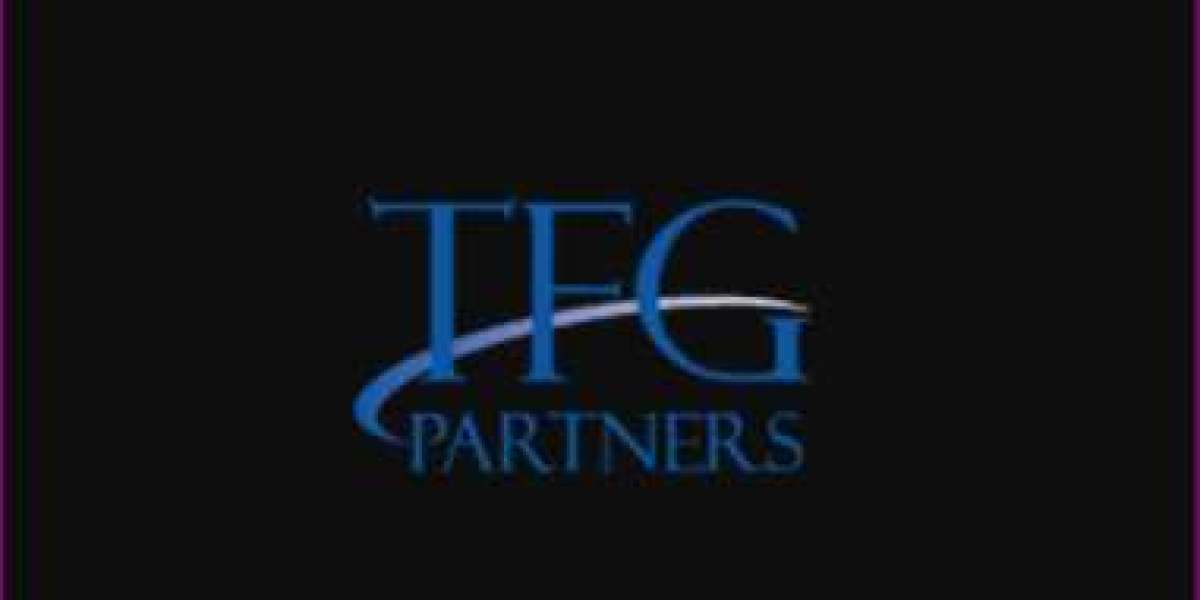By now, virtually every employer-funded health plan has improved its performance with the help of medical claim auditors. Their ever-improving electronic reviews are more efficient and accurate than ever. If you manage a self-funded plan and audit your claims, expect to come out ahead financially. It's thanks to system and software improvements that can review every claim paid and find more irregularities. There's no doubt that third-party processors have driven error rates down to historically low levels, but it's still worth double-checking their work because even minor errors add up.
One of the newest "best practices" is monitoring claim payments continuously. It's an ideal plan management strategy that keeps you as the sponsor in the driver's seat. Without it, you're left depending on TPAs to self-police. Many do it carefully but think about the logic – or lack thereof. It boils down to the same system finding irregularities that pays the claims in the first place. When you monitor continuously with audit software, you have a separate system reviewing the primary one. Logically it makes sense that two methods are better than one, and you'll find more errors.
The old random sampling method for claim audits is left in the dust by today's complete reviews. It's easy to see how random samples could only find error patterns and systemic errors. Looking at every claim individually, you can find every mistake worth recovering. Over time, the numbers add up, and you see significantly increased value in auditing. Also, when an extraordinary event like the coronavirus pandemic comes, you come from a position of strength. Tightly managed health plans fared far better than those with less oversight and control. Flagging errors early is always helpful.
There's also a unique paradigm in claim auditing requiring a combination of financial auditing and medical billing knowledge. Auditors specializing in the field often have supervisors with prior health plan experience. They understand the systems they are auditing down to a granular level of detail. Knowing those nuances matters in their audit setup, which controls the data you'll receive. Doing things well the first time increases the chances of long-term success. There's a secondary benefit when providers understand your plan is tightly managed and are more careful with billing to your plan's advantage.



